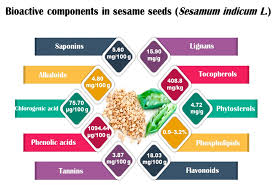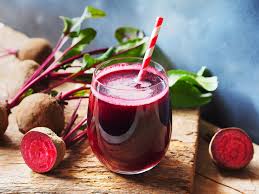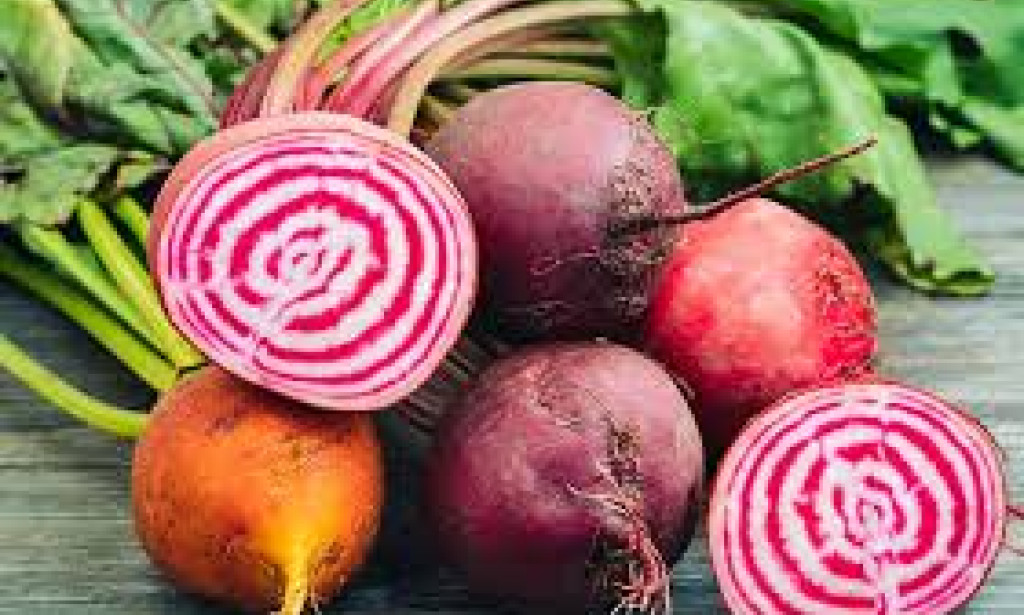Explore the Benefits: Five Compelling Reasons to Incorporate More Beetroot into Your Diet
Beetroot, with its striking deep red color and robust, earthy flavor, is more than just a visually appealing addition to your meals. Bursting with essential nutrients and boasting numerous health benefits, beetroot merits inclusion in your daily diet. Below are five compelling reasons why you should consider incorporating more beetroot into your meals:
1. Nutrient Powerhouse
Beetroot is loaded with essential vitamins and minerals that contribute to overall health. It contains vitamin C, which supports the immune system and promotes collagen production for healthy skin. Additionally, beetroot is rich in folate, a B vitamin crucial for cell division and growth, making it particularly important during pregnancy. Minerals like potassium and manganese found in beetroot help regulate blood pressure and support bone health, respectively.

2. Heart Health
Consuming beetroot can significantly benefit cardiovascular health. The nitrates present in beetroot are converted into nitric oxide in the body, which helps relax and dilate blood vessels, improving blood flow and lowering blood pressure. This effect may reduce the risk of heart disease and stroke. Regular consumption of beetroot has been linked to improved endothelial function, which is essential for maintaining healthy blood vessels.
3. Improved Athletic Performance
Athletes and fitness enthusiasts can benefit from beetroot's potential to enhance performance. Studies have shown that the nitrates in beetroot can improve oxygen use efficiency during exercise, leading to increased endurance and stamina. Consuming beetroot juice before workouts has been found to reduce the oxygen cost of exercise, allowing athletes to exercise longer or at higher intensities before reaching exhaustion.
4. Digestive Health
Beetroot contains a significant amount of dietary fiber, which plays a crucial role in maintaining good digestive health. Fiber aids in regulating bowel movements, preventing constipation, and nurturing a healthy gut microbiome. Apart from its fiber content, beetroot also boasts betaine, a compound known for its ability to promote liver function and facilitate the liver's processing of fats. By incorporating beetroot into your diet, you can effectively enhance your overall digestive well-being and provide support for your liver health.
5. Antioxidant Properties
Antioxidants are compounds that help protect cells from damage caused by free radicals, and unstable molecules that can lead to oxidative stress and contribute to chronic diseases like cancer and heart disease. Beetroot contains antioxidants such as betalains, which give beetroot its deep red color, and vitamin C. These antioxidants help combat oxidative stress and inflammation in the body, promoting overall health and reducing the risk of chronic diseases.
How to Embrace the Power of Beetroot in Your Diet.
Now that you know the benefits, here are some easy ways to add beetroot to your meals:

· Salads: Grate raw beetroot and add it to your favorite salads for a crunchy texture and vibrant color.
· Smoothies: Blend beetroot with fruits like berries and bananas for a nutritious and colorful smoothie.
· Roasted: Roast beetroot with a drizzle of olive oil and seasonings for a delicious side dish.
· Juice: Drink beetroot juice on its own or mix it with other fruits and vegetables for a refreshing beverage.
· Soups: Incorporate beetroot into soups for added flavor and nutrition.
Conclusion.
Beetroot is not just a humble root vegetable; it's a nutritional powerhouse with numerous health benefits. Whether you're looking to support heart health, boost athletic performance, or improve overall well-being, adding beetroot to your diet can be a delicious and nutritious choice. Embrace the versatility of beetroot and enjoy its vibrant benefits for a healthier you!


You must be logged in to post a comment.